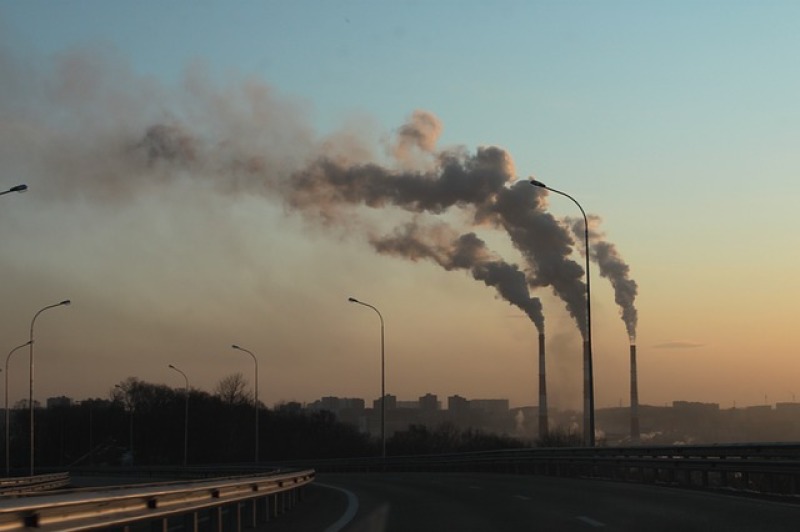
The United Nations (U.N.) is worried because the plans by almost 150 countries to limit their carbon emissions will not be enough to effectively reverse the effects of climate change.
According to the international agency, although the efforts are admirable, they are not enough to bring down the global temperature to a safe level, the Christian Science Monitor reported.
The overall plan of the U.N. and 146 countries is to bring down global emissions by 90 percent. Details of this global effort, also known as the Intended Nationally Determined Contributions (INDC), will then be presented during the upcoming summit that will be held in Paris this December.
The objective of the countries is to reduce their respective industries' carbon emissions to prevent the further rise in temperature.
However, after analyzing independent studies, the U.N. discovered that through the INDC, the rise in temperature will be limited to 2.7 degrees Celsius. This is based on a projection stretching up to 2030.
Although this estimate is far from the feared level of 5 degrees Celsius, which would result in extreme weather patterns, this temperature reading is still not enough to prevent the effects of climate change.
According to scientists, temperatures above 2 degrees Celsius will still result in droughts, heat waves, floods, strong storms and rise in sea levels.
In order to prevent this, the target of the INDC must be set at least 1.5 degrees Celsius.
"These national climate action plans represent a clear and determined down-payment on a new era of climate ambition from the global community of nations," Christiana Figueres, the U.N.'s executive director for the Framework Convention on Climate Change said in a statement according to The Guardian.
"The INDCs have the capability of limiting the forecast temperature rise to around 2.7C by6 2100, by no means enough but a lot lower than the estimates four, five or more degrees of warming projected by many prior to the INDCs."
As part of the INDC, wealthier nations such as the U.S. and China have higher emission reduction targets than developing ones due to their industrial capabilities.
But, after hearing about U.N.'s report, the group Least Developed Countries (LDC) expressed its concern because these countries are the ones that will be greatly affected by the worsening effects of climate change.
"Today's analysis shows the urgent need to address the lack of ambition within the INDCs," LDC representative and Angolan diplomat Giza Gaspar-Martins said in a statement. "Current plans will only slow emissions by a third, which is clearly not enough to keep us within safe limits."
As a result, the LDC and other groups called on the U.N. and members of the INDC to set new emission targets based on current scientific evidence.


















